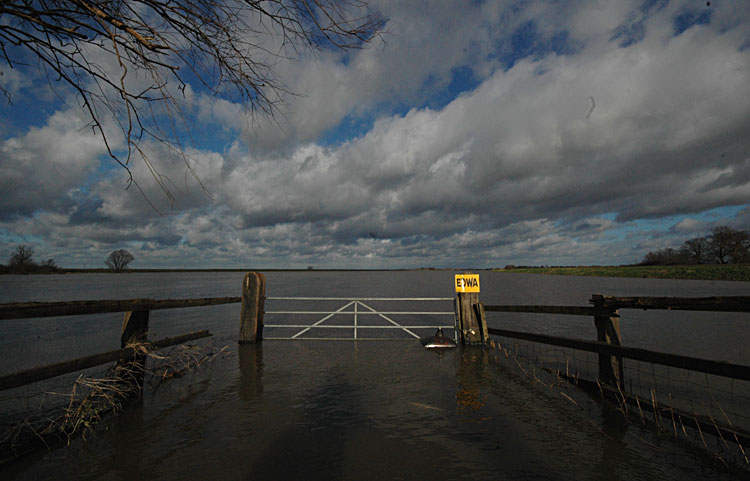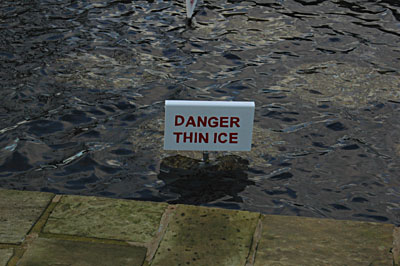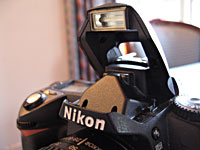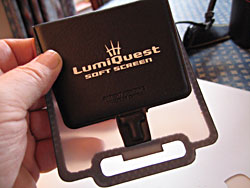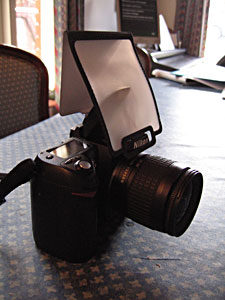
I’ve been reading Volume 1 of The Paris Review Interviews. The one with Kurt Vonnegut is wonderful. Sample:
Paris Review: You were an infantry battalion scout in the war?
Kurt: Yes, but I took my basic training on the 240-mm howitzer.PR: A rather large weapon.
Kurt: The largest mobile fieldpiece in the army at that time. This weapon came in six pieces, each piece dragged wallowingly by a Caterpillar tractor. Whenever we were told to fire it, we had to build it first. We practiclly had to invent it. We lowered one piece on top of another, using cranes and jacks. The shell itself was about nine and a half inches in diameter and weighed three hundred pounds. We constructed a miniature railway which would allow us to deliver the shell from the ground to the breech, which was about eight feet above grade. The breechblock was like the door on the vault of a savings and load association in Peru, Indiana, say.PR: It must have been a thrill to fire such a weapon.
Kurt: Not really. We would put the shell in there, and then we would throw in bags of very slow and patient explosives. They were damp dog biscuits, I think. We would close the breech, and then trip a hammer which hit a fulminate of mercury percussion cap, which spit fire at the damp dog biscuits. The main idea, I think, was to generate steam. After a while we would hear these cooking sounds. It was a lot like cooking a turkey. In utter safety, I think, we could have opened the breechblock from time to time, and basted the shell. Eventually, though, the howitzer always got restless. And finally it would heave back on its recoil mechanism, and it would have to expectorate the shell. The shell would come floating out like the Goodyear blimp. If we had had a stepladder, we could have painted “Fuck Hitler” on the shell as it left the gun. Helicopters could have taken after it and shot it down.

